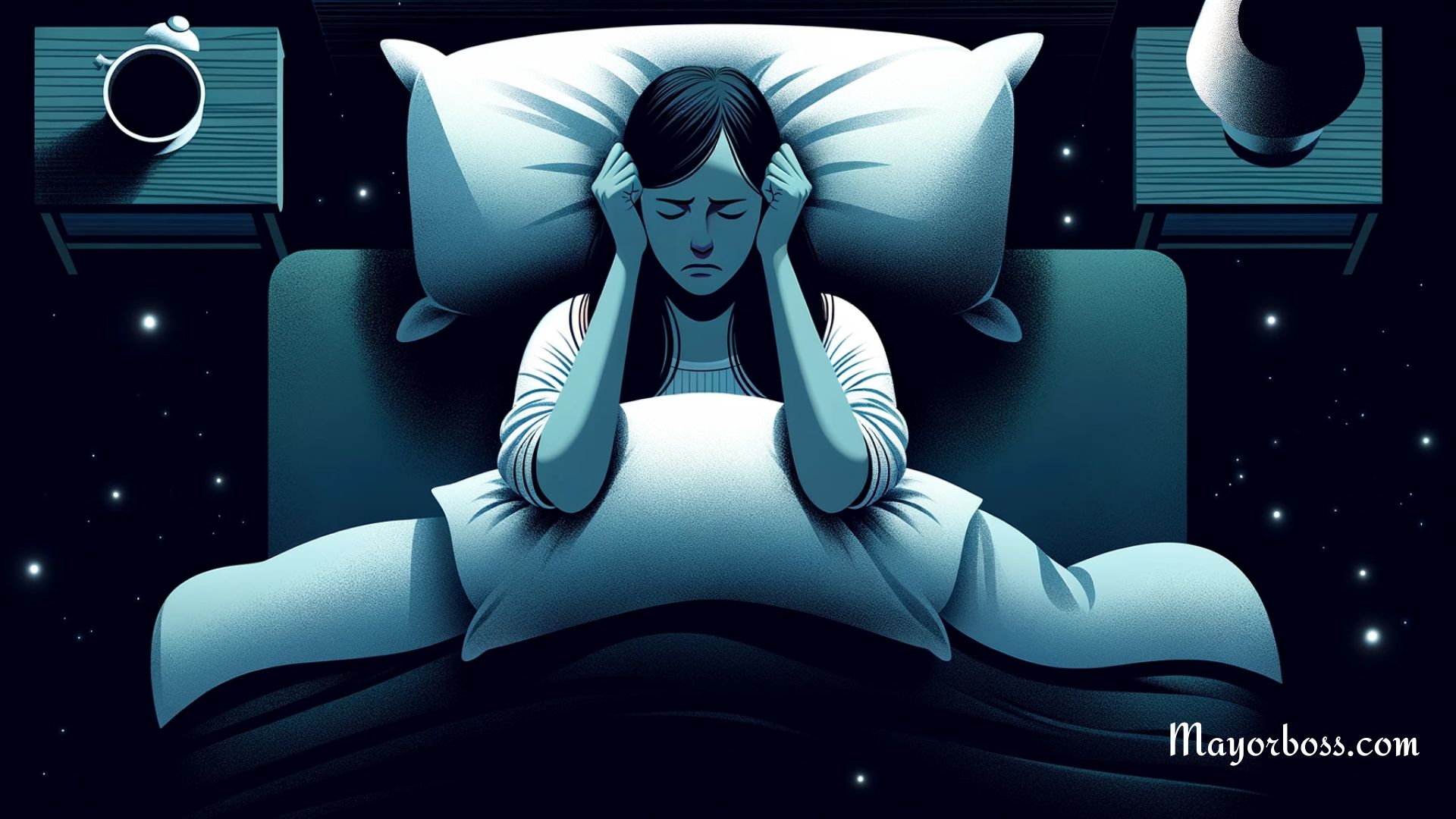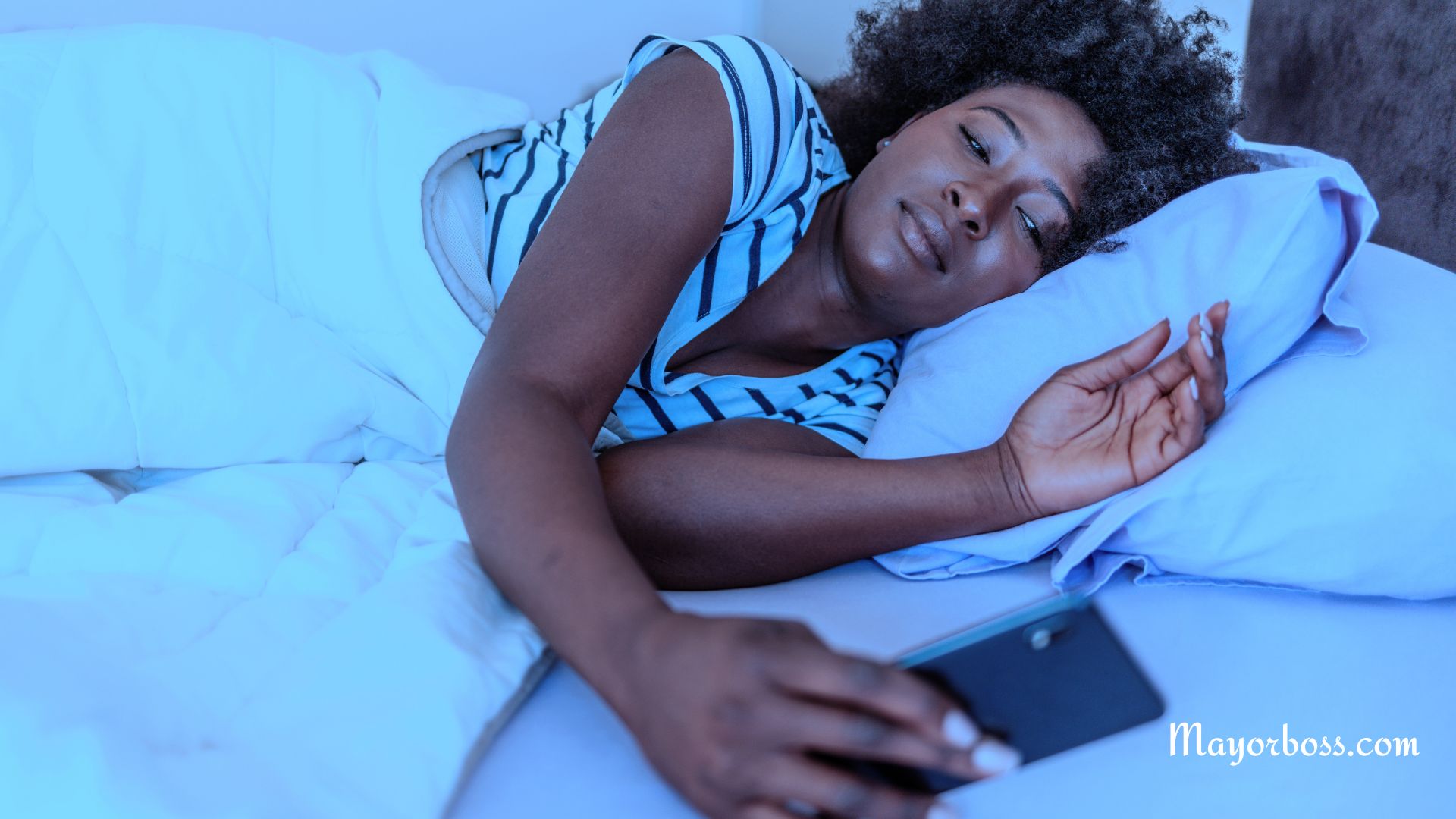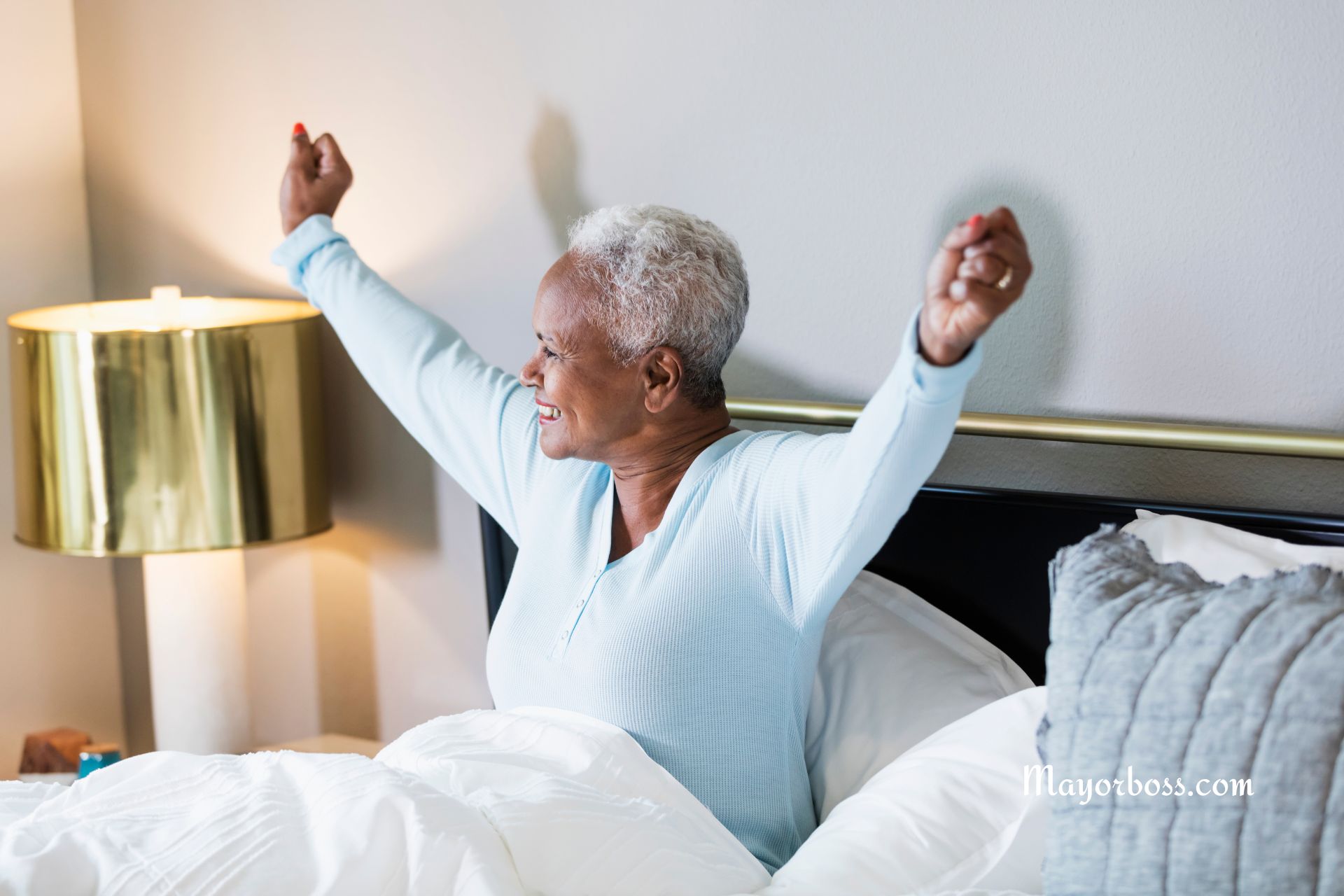What You Need to Know About Sleep Paralysis
Do you wake up feeling like you can’t move? Or like someone is sitting on your chest, preventing you from taking a deep breath? If so, you may be experiencing sleep paralysis. Sleep paralysis is parasomnia—a type of sleep disorder that disturbs normal sleep patterns.
It can be a very frightening experience, but it’s important to remember that it’s not dangerous, and there are ways to treat it. In this post, I’ll explore what sleep paralysis is, what causes it, and how you can get relief from it.
What Is Sleep Paralysis?
Sleep paralysis occurs when you become aware of your surroundings but are unable to move or speak. It can happen when you’re falling asleep (known as hypnagogic or predormital sleep paralysis) or when you’re waking up (known as hypnopompic or postdormital sleep paralysis).
Most people who experience sleep paralysis say it feels like a dream because they may see, hear, or feel things that are not really there. However, unlike dreams—which occur during the rapid eye movement (REM) stage of sleep—sleep paralysis happens during the non-REM stage.
What Are the Types of Sleep Paralysis?
There are two main types of sleep paralysis: isolated sleep paralysis and recurrent isolated sleep paralysis.
- Isolated sleep paralysis occurs when a person experiences sleep paralysis only once in their lifetime.
- Recurrent isolated sleep paralysis occurs when a person experiences sleep paralysis more than once.
What Causes Sleep Paralysis?
Sleep paralysis can be caused by several factors, including:
- Sleep deprivation: When a person does not get enough sleep, they are more likely to experience sleep paralysis.
- Stress: Stress can also trigger sleep paralysis.
- Changes in sleeping habits: jet lag or pulling an all-nighter can also cause sleep paralysis.
- Sleeping on your back: Sleeping on your back allows gravity to collapse your throat and chest muscles, which can lead to shallow breathing and increased blood pressure. This can trigger sleep paralysis.
- Substance abuse: Substance abuse can also cause changes in sleeping habits and lead to sleep paralysis.
- Post-traumatic stress disorder (PTSD)
- Narcolepsy: This is a sleep disorder that causes excessive daytime sleepiness.
- Panic disorder
- Genetics: Sleep paralysis often runs in families, so it is likely that genetic factors play a role in its development.
- Certain medications: Some medications, such as sedatives and antidepressant drugs, can also cause sleep paralysis. If you think your medication is causing sleep paralysis, talk to your doctor about changing your dosage or switching to another medication.
What Are the Symptoms of Sleep Paralysis?
There are several symptoms of sleep paralysis, including:
- The feeling of being paralyzed
- The feeling of being unable to move or speak
- Visual hallucinations
- Rapid heart rate
- Shortness of breath
- Sweating
How Long Does Sleep Paralysis Last?
Sleep paralysis typically lasts for a few seconds to a few minutes.
Are You Actually Awake During Sleep Paralysis?
Yes, people who experience sleep paralysis are fully awake during the episode.
Can You Hear Voices During Sleep Paralysis?
Some people who experience sleep paralysis report hearing voices or other sounds such as whispers, humming, hissing, or screeching.
Can You Stop Breathing During Sleep Paralysis?
No, you cannot stop breathing during sleep paralysis. A person may feel like they cannot breathe, but this is only a sensation. Sleep paralysis does not interfere with a person’s ability to breathe.
Does Wiggling Your Toes Stop Sleep Paralysis?
There is no scientific evidence to suggest that wiggling your toes will stop sleep paralysis. However, some people find that moving their toes or fingers helps them to wake up from sleep paralysis.
Can I Wake Up Someone In Sleep Paralysis?
Yes, it’s safe to wake up someone from sleep paralysis. Just touch or shake their shoulder gently to wake them up.
What Do People See During Sleep Paralysis?
Some people see visual hallucinations during sleep paralysis. These hallucinations can be very frightening and may include:
- Seeing monsters or other menacing figures
- Feeling like there is a presence in the room
- Seeing lights or flashes of color
- Hearing voices or other sounds
What Are the Treatment Options for Sleep Paralysis?
Sleep paralysis is usually not a medical concern and does not require treatment. However, if the condition is causing distress, there are several treatment options available. These include:
- Sleep hygiene: Practicing good sleep hygiene habits can help people get enough rest and reduce episodes of sleep paralysis. Some good sleep hygiene habits include avoiding caffeine before bedtime, sticking to a regular sleep schedule, and establishing a relaxing bedtime routine.
- Psychotherapy: Psychotherapy can help people manage stress and anxiety, which can help reduce the frequency of episodes of sleep paralysis.
- Medications: If stress or anxiety is thought to be triggering episodes of sleep paralysis, then medications such as antidepressants or anti-anxiety medications may be prescribed.
What Can You Do To Prevent Sleep Paralysis?
There are a few things you can do to prevent episodes of sleep paralysis from happening:
- Get enough rest: Make sure you’re getting at least eight hours of sleep every night, so your body has time to recover from the day’s activities.
- Exercise regularly: Exercise releases endorphins, which have mood-boosting effects. Endorphins also help improve the quality of your sleep, so you’re less likely to experience episodes of sleep paralysis.
- Avoid alcohol and caffeine before bedtime: Both alcohol and caffeine are stimulants that can keep you up at night and disrupt your natural sleeping patterns.
- See a doctor if you think you have narcolepsy: Narcolepsy is a condition that causes people to fall asleep suddenly during the day. If you think you might have narcolepsy, see a doctor so they can run some tests and give you the proper treatment.
Doing these things should help reduce your chances of experiencing episodes of sleep paralysis.
Final thoughts
Sleep paralysis can be a very frightening experience for those who suffer from it. However, it is important to remember that this condition is not harmful and does not require treatment in most cases. If you are experiencing episodes of sleep paralysis that are causing distress, there are several treatment options available. Speak with your doctor about what treatment option may be best for you.
Learn More: Why You Should Sleep On Your Left Side Every Night






